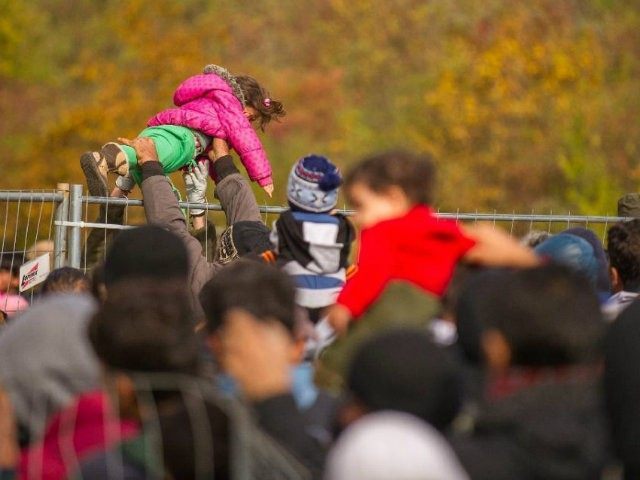The British government should let in a further 3,000 migrant children, a cross-party committee of MPs has demanded.
The government has already committed itself to taking 20,000 migrants direct from refugee camps in the Middle East and resettling them in Britain, but the International Development Committee wants them to take 3,000 extra unaccompanied children – an idea originally proposed by charity Save the Children.
The call comes at a time when the number of unaccompanied minors seeking asylum in Britain has reached a seven year high. The Times reports that a total of 947 asylum applications were lodged by unaccompanied people under the age of 18 during the third quarter of 2015, the highest quarterly total since 2009.
The committee’s report on the migrant crisis, which is published today, said it was “very concerned about the plight of unaccompanied migrant children in Europe, particularly as reports suggest that they are falling prey to people traffickers”.
“We urge the government to come to a quick decision on the proposal by Save the Children as this is a matter of utmost urgency.”
The government has not ruled out accepting the idea, but a spokeswoman said Britain was already playing its part in dealing with the humanitarian crisis in Syria.
The plea comes despite Britain’s schools already struggling to cope with high levels of immigration. Breitbart London reported in September how the country will need to create 1,600 new primary school places to cope with the soaring demand.
Analysis by charity the New Schools Network found that some 38,000 newcomers to Britain in 2014 were primary school age children, all of whom would be eligible to start school in 2015. The figure represents a 160 per cent increase in demand for school places from migrant families.
Nick Timothy, the group’s director, said large scale immigration was creating a “perfect storm” for Britain’s primary schools.
“It’s clear that England urgently needs more new schools to address this record level of demand. Simply expanding existing schools is not the answer, because we already know that one in five of the new places created by expanding primaries have been in schools that Ofsted say are failing,” he said.

COMMENTS
Please let us know if you're having issues with commenting.